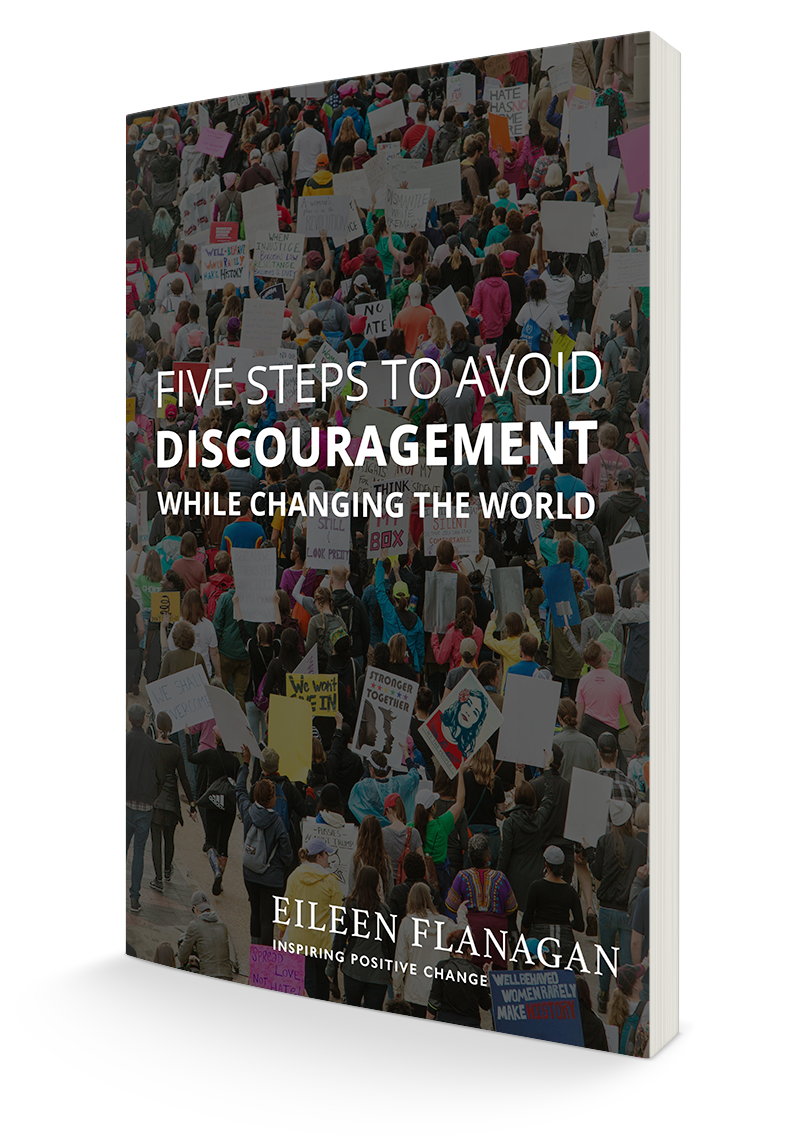Wangari Maathai is another influential Kenyan. The 2004 Nobel Peace Prize laureate, Maathai angered many of the same people as Richard Leakey and received death threats from the regime of Daniel arap Moy (dictator from 1978 to 2002). Writer Alexandra Fuller describes Maathai as “a human-rights activist and environmentalist who ingeniously used an environmental campaign to oppose Moi’s regime and agitate for democratic elections. She recognized (and so, in a more sinister way, did Moi) that a hungry population in a country whose land was a growing desert would not have the energy to oppose a corrupt dictatorship.”
Maathai’s strategy: plant trees. Her Green Belt Movement “mobilized 100,000 women to form tree-nursery groups…30 million trees were planted across the country for fuel, building, shade, food, and soil protection.” Undeterred by death threats and a brutal beating at the hands of police, Matathai told Fuller, “Whatever you are planning, you can’t project fear or failure. Whatever you project is what you will achieve.” Fuller noted that the day she accompanied Maathai on a project to plant 6,000 trees on a deforested hillside, the African sun was burning:
‘Aren’t you afraid the trees will die if it doesn’t rain?’ I asked, feeling the sting of the sun on my neck.
‘No,’ Maathai spoke with the confidence of one who has a direct line to the source of such maaters. ‘It will rain tonight.’
And it did.
“If you don’t face a challenge,” Maathai told an audience “then nothing really is happening in your life!”
(Quotes from Fuller, Alexandra. “The Giving Tree.” Vogue, March 2005.)






Leave A Comment